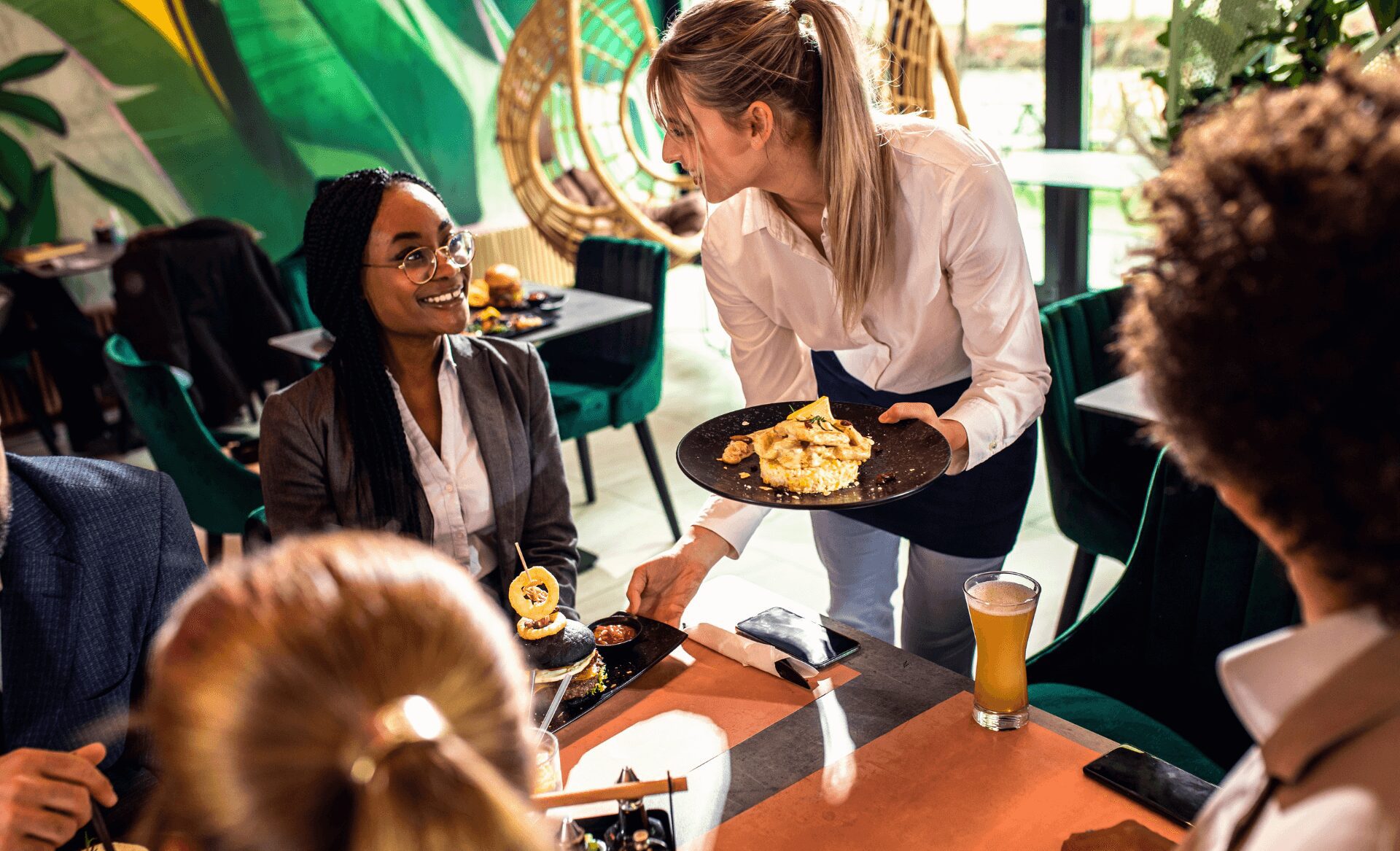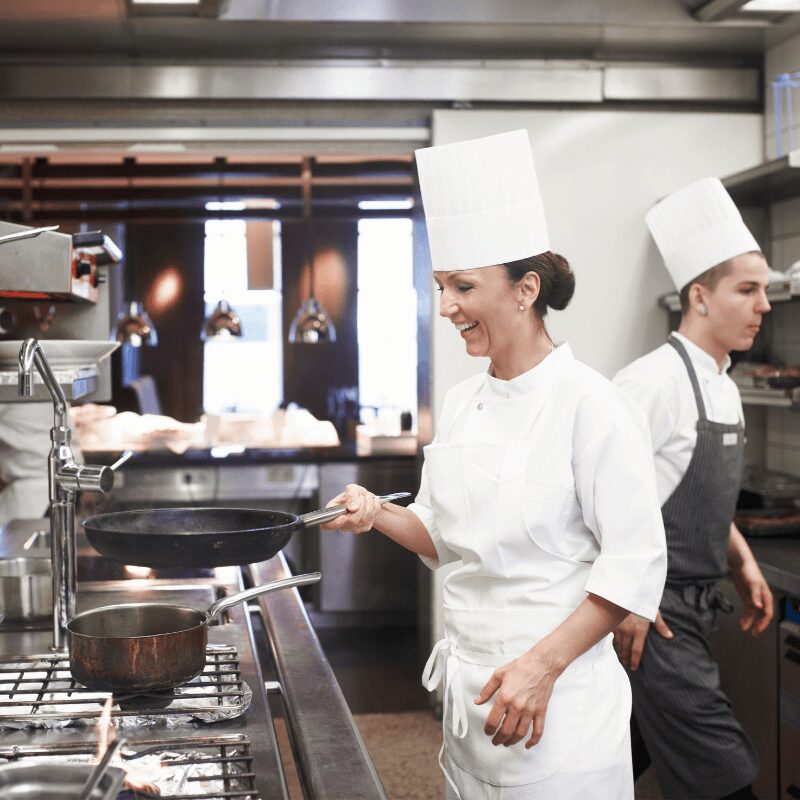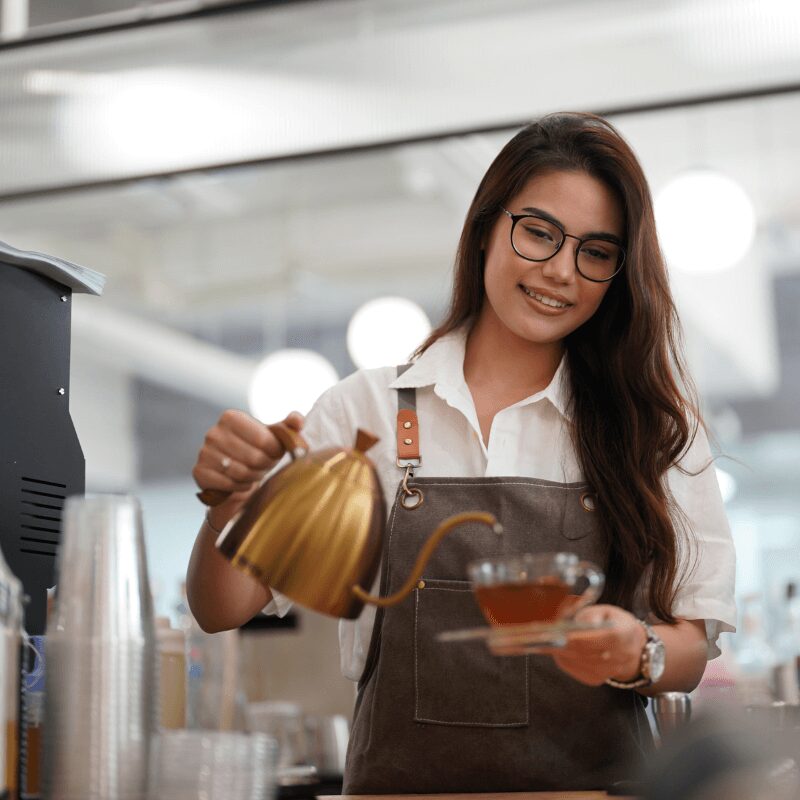How Southern Texas Water Quality Affects Your Restaurant

Water is one of the most essential ingredients in any restaurant kitchen, yet it’s often overlooked. Whether you’re boiling pasta, brewing coffee, or rinsing fresh produce, the quality of your water plays a critical role in the outcome of your food. In Southern Texas, water quality presents unique challenges due to naturally hard water, high levels of chlorine, and other potential contaminants. For restaurants and cafes, understanding how water quality affects not only the taste of your dishes but also the safety and cleanliness of your kitchen is vital. At Aqua Clear Water Solutions, we’re here to help you navigate these challenges and provide the filtration solutions you need to protect your food, your reputation, and your bottom line.
Understanding Southern Texas Water Quality
Southern Texas gets its water from various sources, including rivers, reservoirs, and groundwater. While these sources provide ample water for residential and commercial use, they also bring a host of challenges for restaurant owners. One of the most common issues is hard water, which is characterized by high levels of minerals like calcium and magnesium. Hard water can cause limescale buildup in your pipes and equipment, affecting their efficiency and lifespan.
Beyond hard water, Southern Texas water supplies are often treated with chlorine and chloramine to disinfect the water and kill harmful bacteria. While this is important for public health, these chemicals can leave a noticeable taste in the water, which may affect the flavor of your food and beverages. Additionally, older infrastructure can lead to contaminants like lead, nitrates, and pesticides seeping into the water supply, which poses significant risks to food safety.
For restaurants and cafes, understanding these water quality issues is the first step in protecting your kitchen and ensuring that every dish you serve meets the highest standards.
The Impact of Poor Water Quality on Cooking
Water quality directly impacts the taste, texture, and safety of the food you prepare. When cooking with hard water, for instance, the high mineral content can toughen vegetables, make pasta take longer to cook, and affect the consistency of soups and sauces. These seemingly small changes can alter the quality of your dishes and affect the overall dining experience for your customers.
In baking, hard water can interfere with yeast activation, resulting in denser, less flavorful breads and pastries. The minerals in hard water can also affect the texture of doughs, making them harder to work with and less consistent.
Chlorine, another common contaminant in Southern Texas water, can have a particularly strong impact on the flavor of your food and drinks. Imagine brewing a pot of coffee with water that carries a strong chlorine taste—it will overpower the coffee’s natural flavors, leaving a chemical aftertaste. The same is true for soups, sauces, and even iced beverages, where the water’s flavor directly affects the final product.
Beyond taste, poor water quality can also affect the appearance of your dishes. Hard water can leave unsightly spots and streaks on glassware, silverware, and dishes, which detracts from the professional image of your restaurant. Customers notice these details, and they expect a pristine dining experience from start to finish.
Food Safety Concerns
Contaminated water doesn’t just affect the taste of your food—it can also compromise food safety. If you’re using water that contains harmful bacteria, pesticides, or heavy metals, you’re putting your customers at risk. For example, using untreated water to rinse vegetables or clean kitchen utensils can introduce contaminants that may lead to foodborne illnesses. Even something as simple as washing your hands with contaminated water can pose a risk, as harmful chemicals or bacteria could be transferred to the food you’re preparing.

Another area of concern is ice. If your ice machine uses unfiltered water, any contaminants will be present in the ice as well. When customers order drinks with ice, they’re expecting a refreshing experience, not a health hazard.
Even cooking equipment can be affected by poor water quality. Machines like coffee makers, steamers, and dishwashers are especially vulnerable to limescale buildup from hard water, which can harbor bacteria and reduce the equipment’s effectiveness. Over time, this buildup can cause malfunctions and expensive repairs, further jeopardizing food safety and increasing operational costs.
How Clean Water Enhances Your Menu and Protects Your Brand
Using clean, filtered water in your restaurant or cafe has a direct impact on the quality of the dishes you serve. With high-quality water, the true flavors of your ingredients can shine through, leading to better-tasting food and beverages. Imagine the difference in taste when your coffee is brewed with pure, chlorine-free water or when your soups and sauces are cooked with water that doesn’t alter their delicate flavor profiles.
Filtered water also ensures consistency in your cooking. With fewer minerals to interfere with boiling times or dough hydration, you can rely on predictable results every time, making your kitchen more efficient. Clean water also prevents the limescale buildup that can shorten the lifespan of your cooking equipment, saving you money on repairs and replacements.
Beyond the flavor and consistency of your dishes, filtered water is a key component in maintaining customer trust and satisfaction. Today’s diners are more informed than ever, and many are conscious of food safety and sustainability. Offering a dining experience that prioritizes high-quality ingredients—including the water you use—will build confidence in your brand. Customers expect restaurants to meet the highest standards of food safety, and using clean, filtered water is one of the simplest yet most effective ways to protect your reputation.

Why Water Quality Matters More Than Ever
Water quality is one of the most important—and often overlooked—aspects of running a successful restaurant or cafe. In Southern Texas, where hard water, chlorine, and other contaminants are common, ensuring that your kitchen has access to clean, filtered water is essential for delivering the best possible dining experience to your customers. From improving the taste and texture of your dishes to protecting food safety and maintaining your equipment, investing in high-quality water filtration is an investment in the future of your business.
At Aqua Clear Water Solutions, we’re here to help you protect your restaurant, your customers, and your brand. Contact us today to learn more about our commercial water filtration solutions and take advantage of our free 7-day trial.
